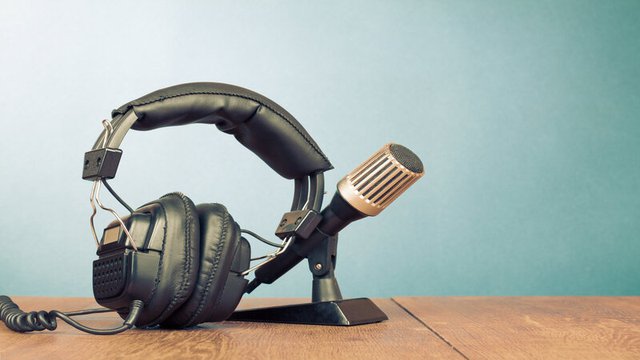
How to become a sports commentator?
Aug. 31, 2023

In the passion world of sports, where tension and excitement meet, there is a key role needed to bring the drama to the living rooms of millions of viewers around the world – the sports commentator. No matter what sport they are commentating on, they are responsible for taking the viewers to the heart of the action – describing every goal, tackle, point and more!
To work as a sports commentator, you need a unique set of skills, including a passion for sport and communication. If this is something you have and are interested in pursuing a career as a commentor, find out in this post what the role involves and what you’ll need too study, such as a Master in Communication and Sports Journalism.
What is a sports commentator?
A sports commentator is essentially the voice of the game, acting as a bridge between the event and the audience. Their task is to provide insightful analysis, real-time commentary, and a sense of excitement that enhances the viewer's experience. Commentators serve as storytellers, weaving narratives that bring out the emotions, strategies, and nuances of the game in question.
The responsibilities of a sports commentator go beyond mere narration. They offer in-depth analysis, explain complex strategies, and highlight the critical moments that shape the outcome of a match. They need to be well-informed about the teams, players, and the history of the sport, as this knowledge aids them in providing context and perspective to their commentary.
Sports commentor: Skills and abilities
There are a number of key skills and abilities a sports commentor needs to be successful at their job. The following are some examples of what you’ll need:
- Knowledge of the Game: A deep understanding of the sport is the cornerstone of effective commentary. In-depth knowledge about rules, strategies, and the history of the sport will enable you to provide insightful analysis that engages the audience.
- Communication Skills: Articulation, clarity, and the ability to express excitement or disappointment with passion are paramount. A commentator should be able to convey their emotions and insights in a manner that resonates with viewers.
- Quick Thinking: Sports events are dynamic and fast-paced. A good commentator can think on their feet, providing instant analysis and commentary that adds to the viewer's experience.
- Storytelling Ability: The ability to craft a compelling narrative is crucial. Commentators should be able to weave interesting stories that captivate the audience's attention.
- Voice Modulation: A versatile and engaging voice is a tool that can enhance the impact of commentary. A commentator's voice should match the intensity of the moment, whether it's a goal celebration or a critical decision.
- Calm Under Pressure: Navigating high-pressure situations, unexpected events, and delivering commentary that maintains coherence is a key trait of successful sports commentators.
What to study to be a sports commentator?
While there are different routes into sports commentating, as well as a passion for sport, a knowledge of the media industry is valuable. With the master in Communication and Sport Journalism, you will learn about all aspects of the sports media sector, including television, radio, online and newspaper reporting. During the 9-month programme, you will have the opportuniy to get hand-on experience not only within the media depatrment at Real Madrid, but also within other large sports media organisations, getting the skills needed to succeed when you graduate. As one of Spain’s leading private universities, you will also have access to some of the best facilities in which to learn, including a radio station, TV set and editing room.